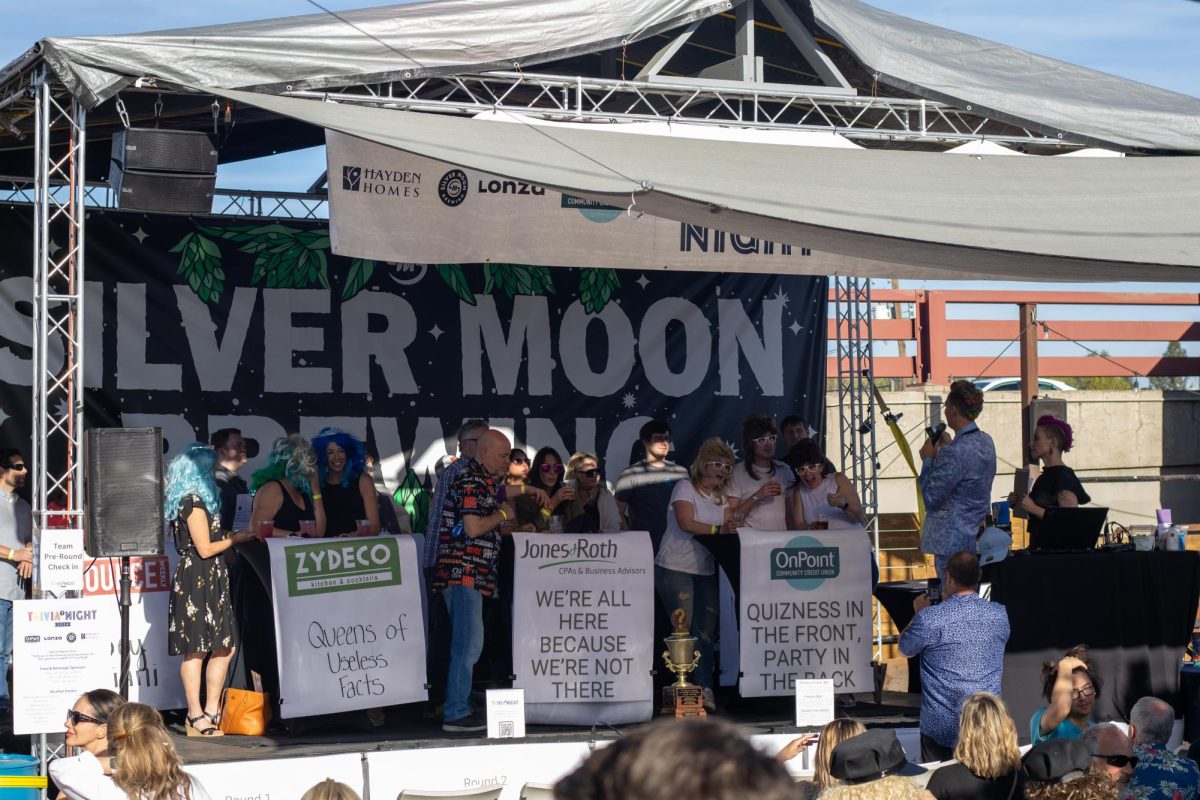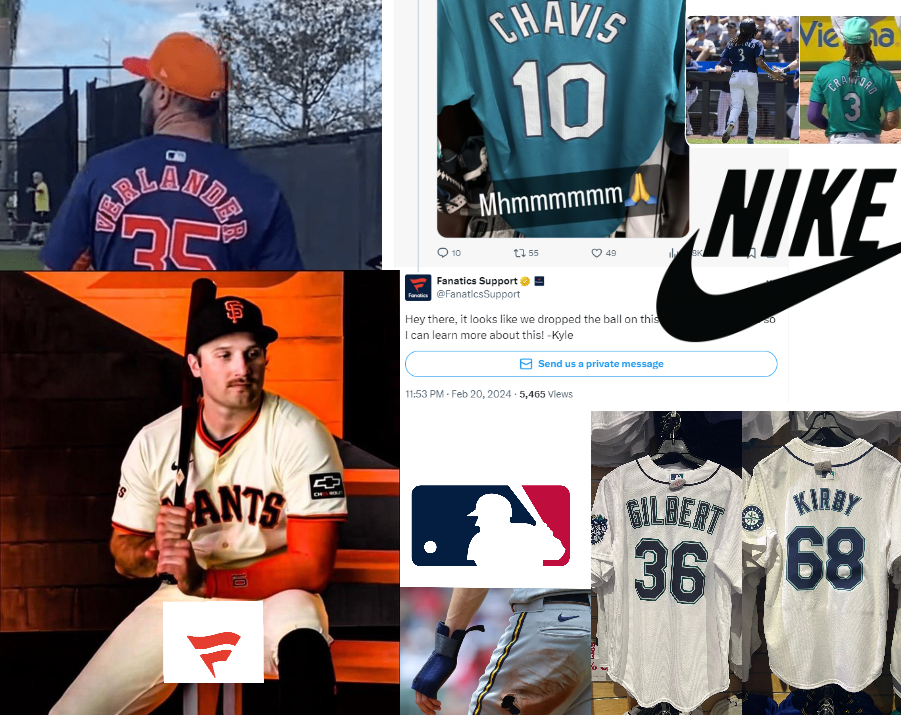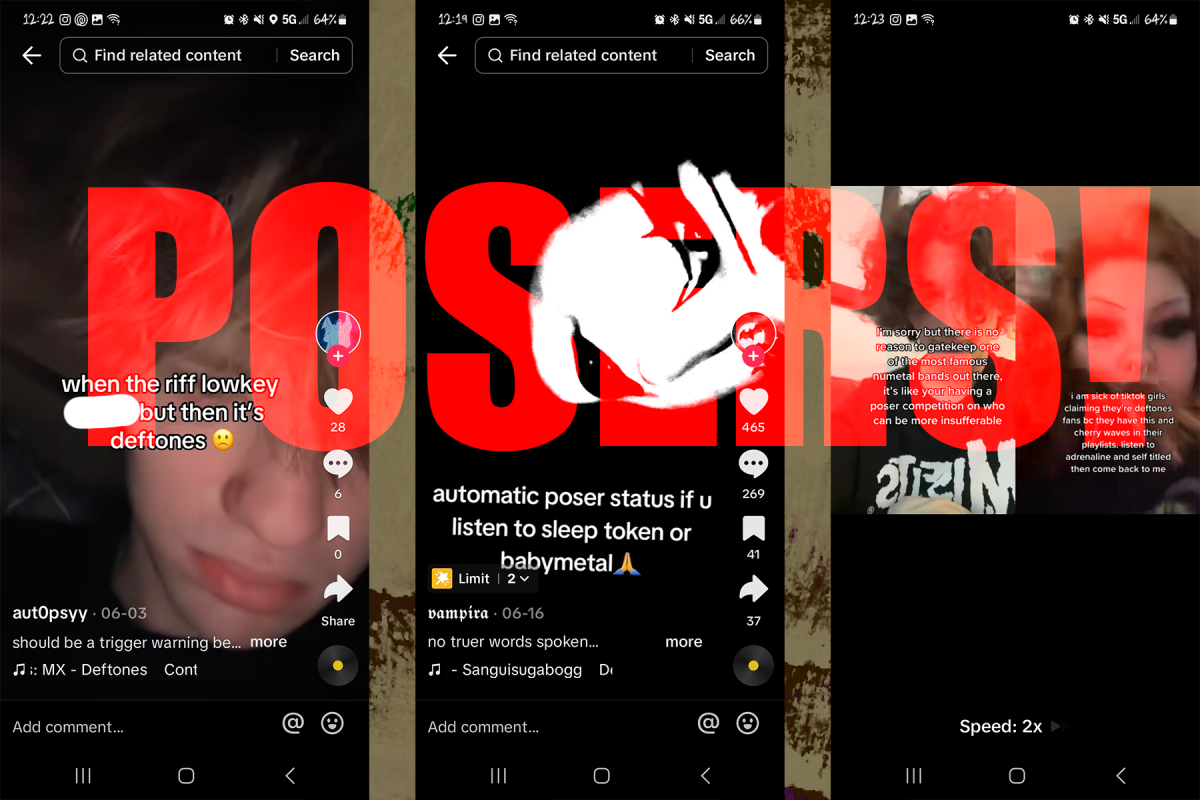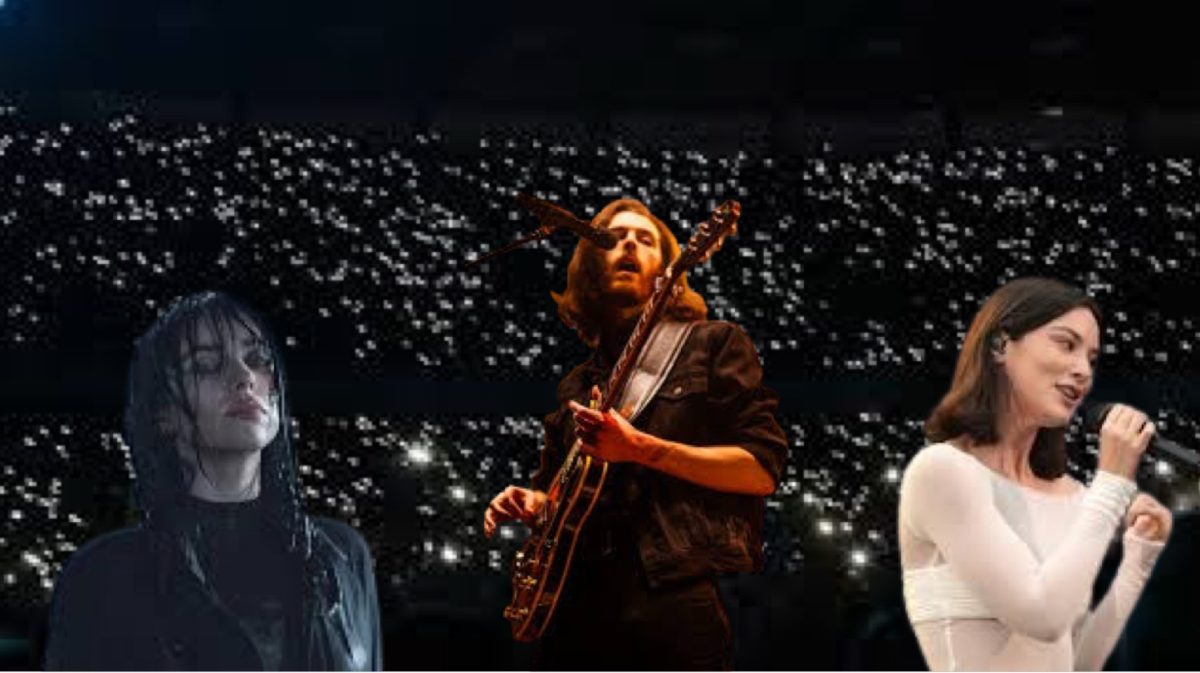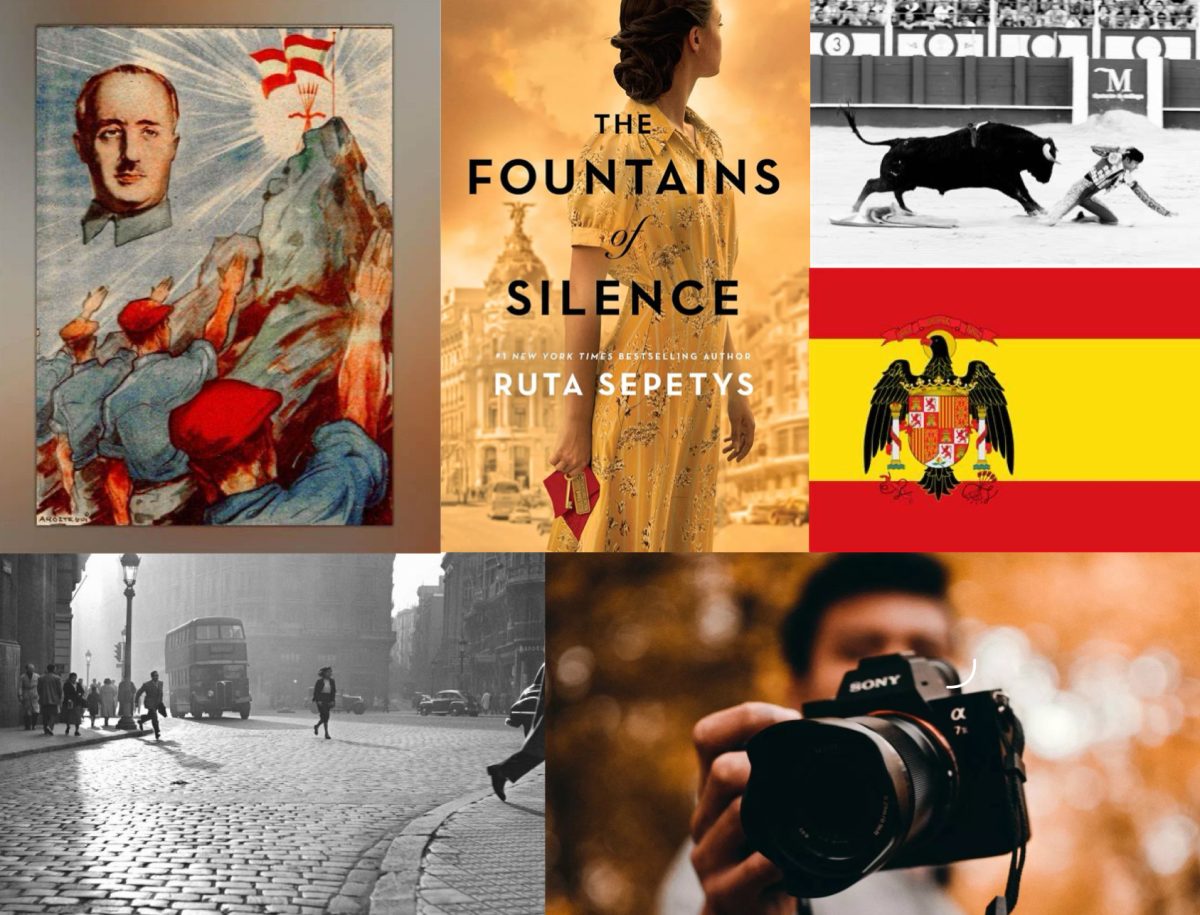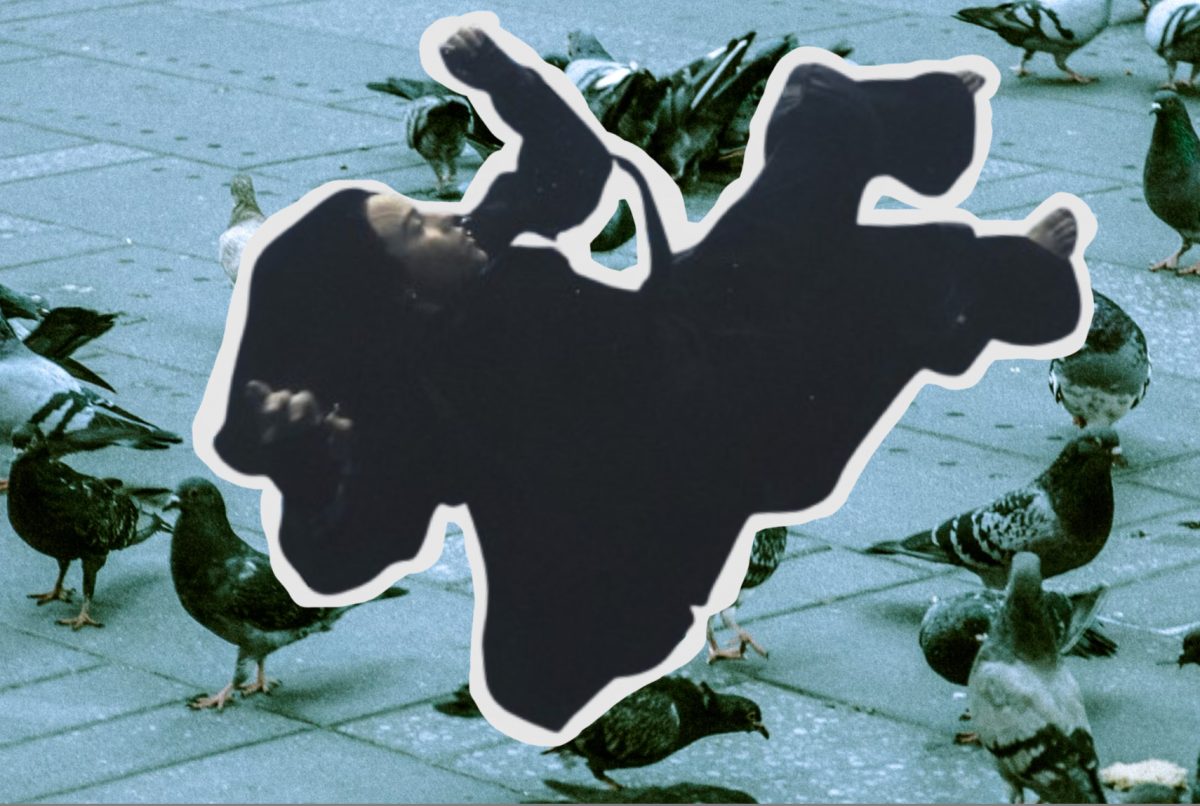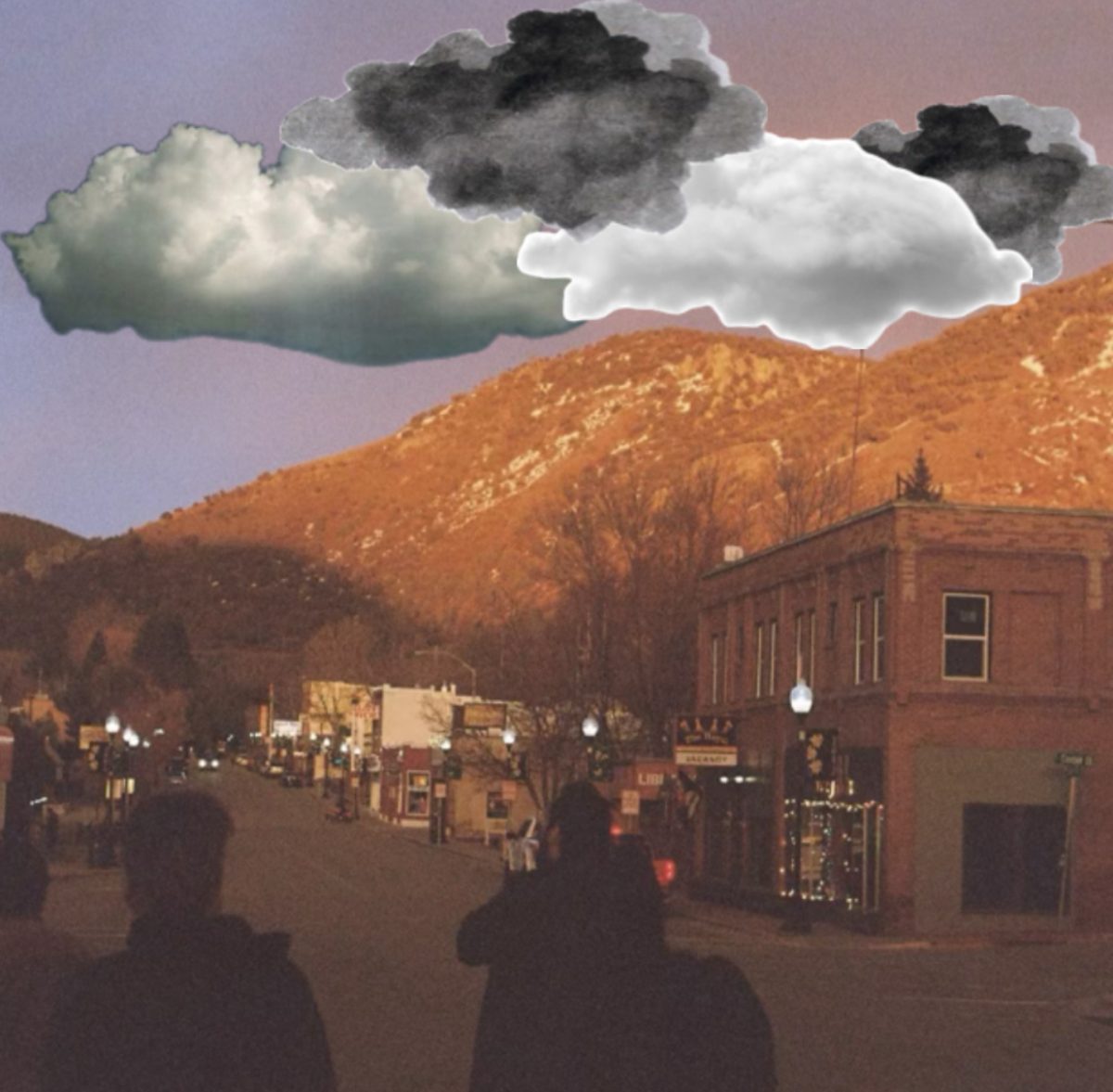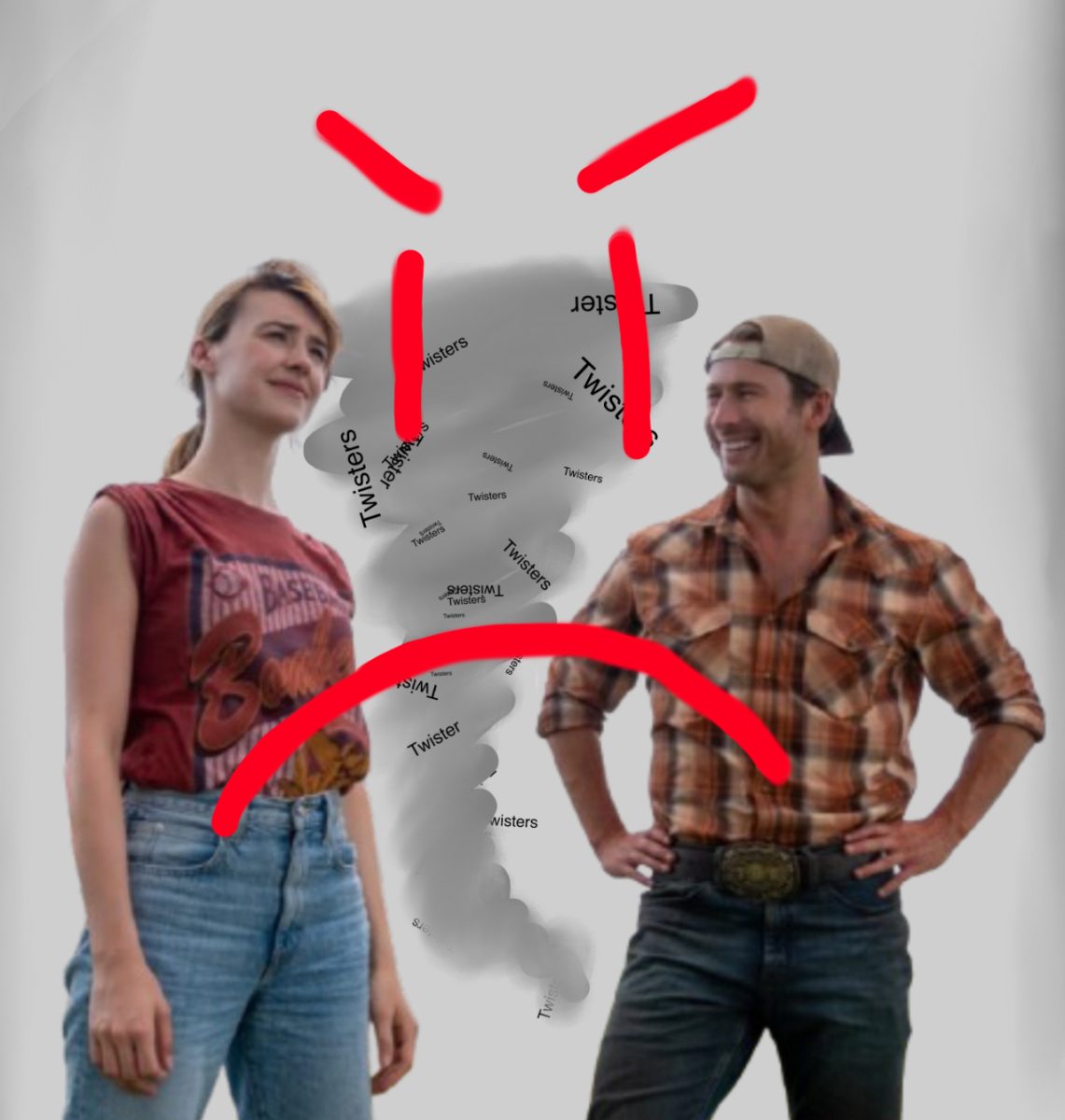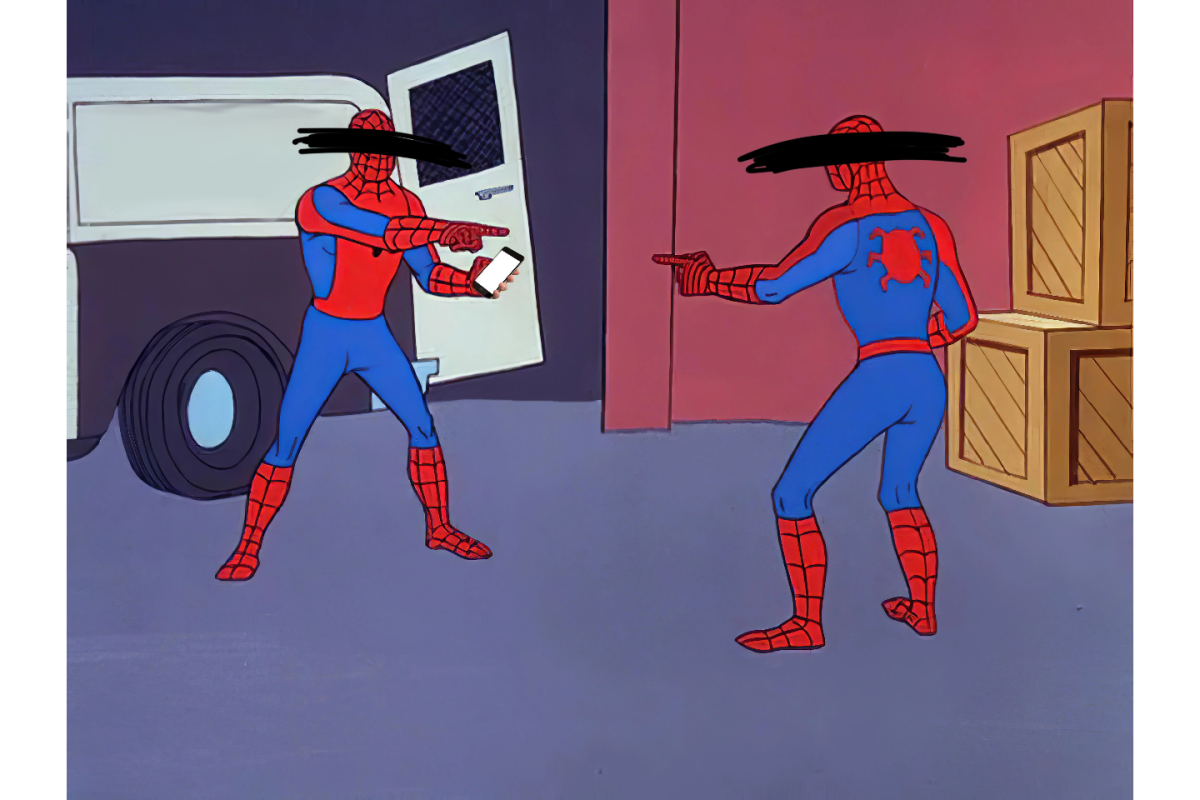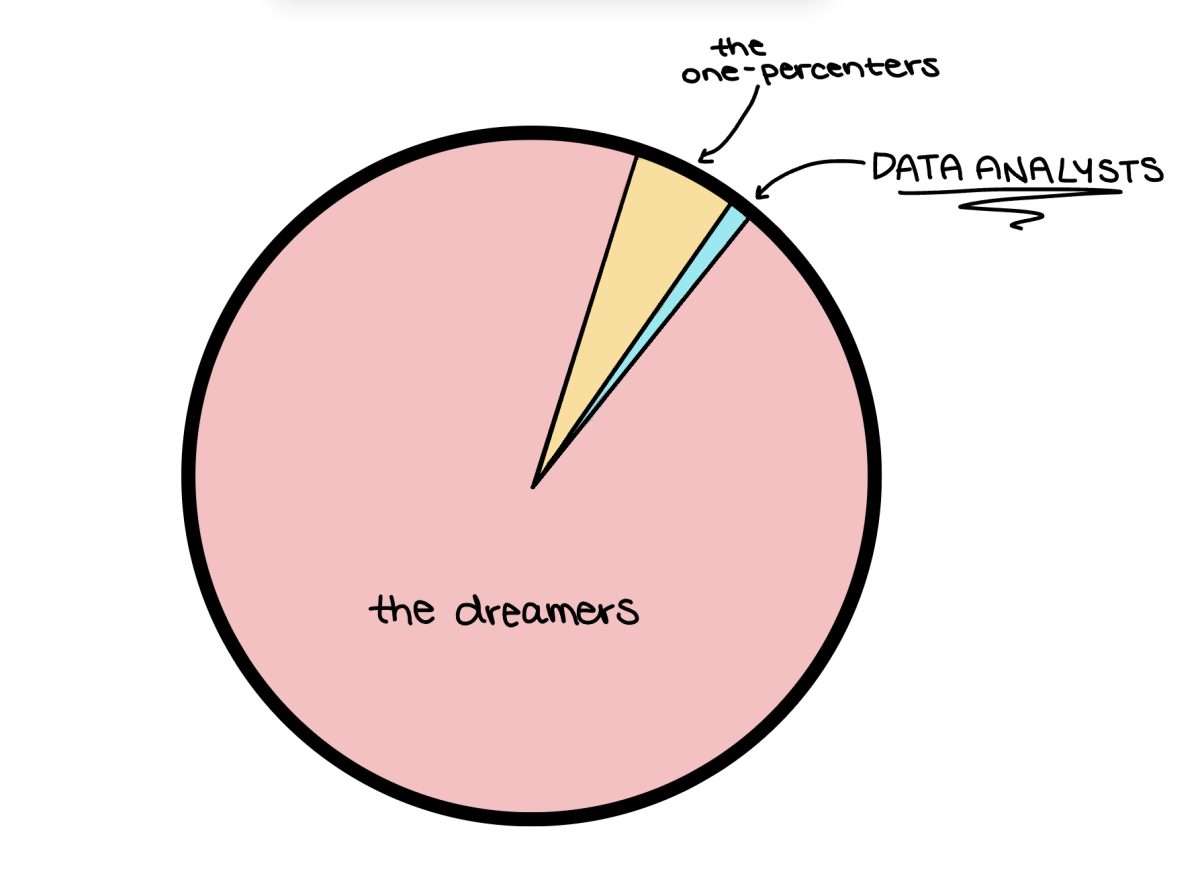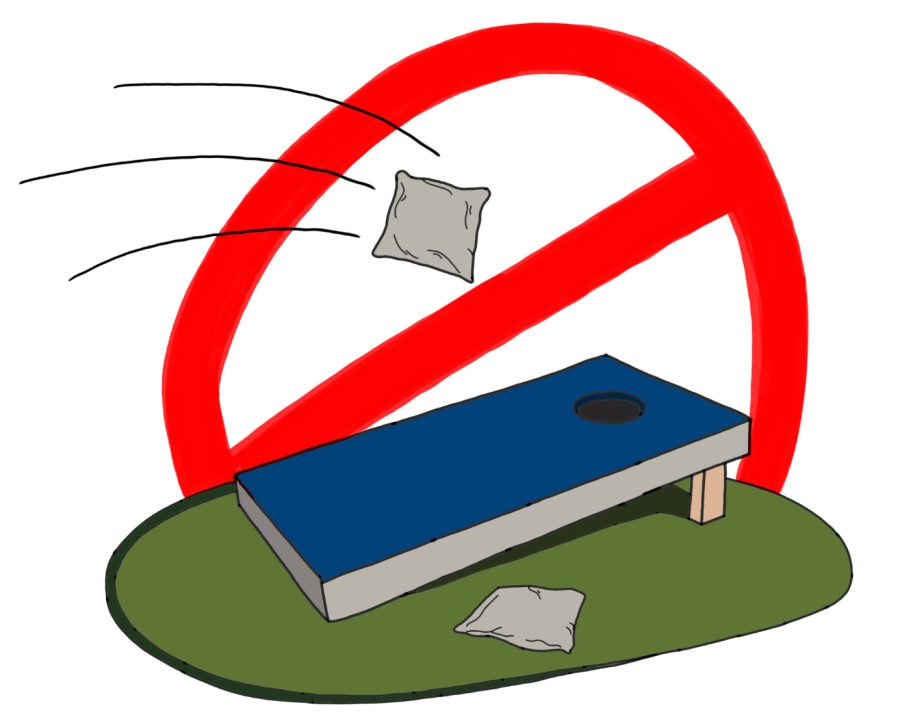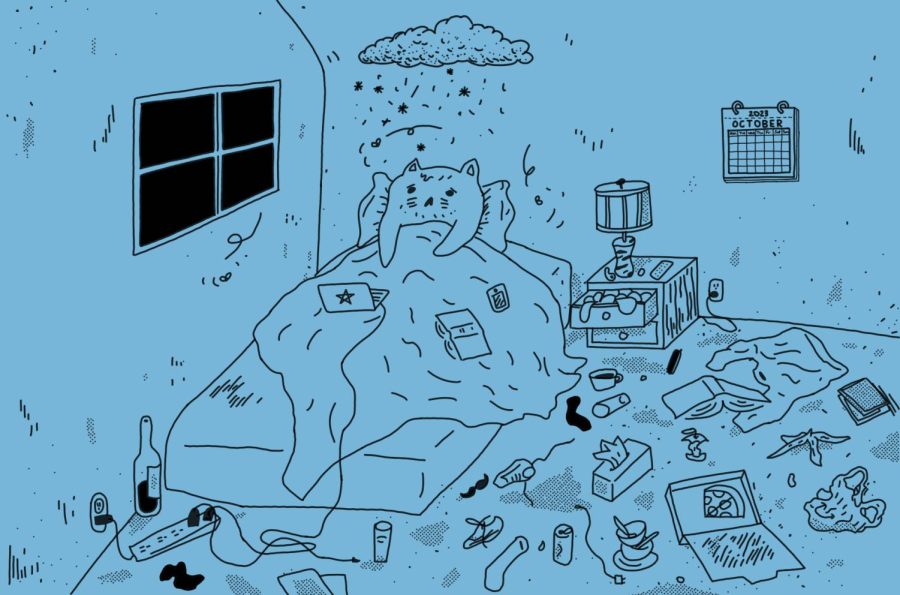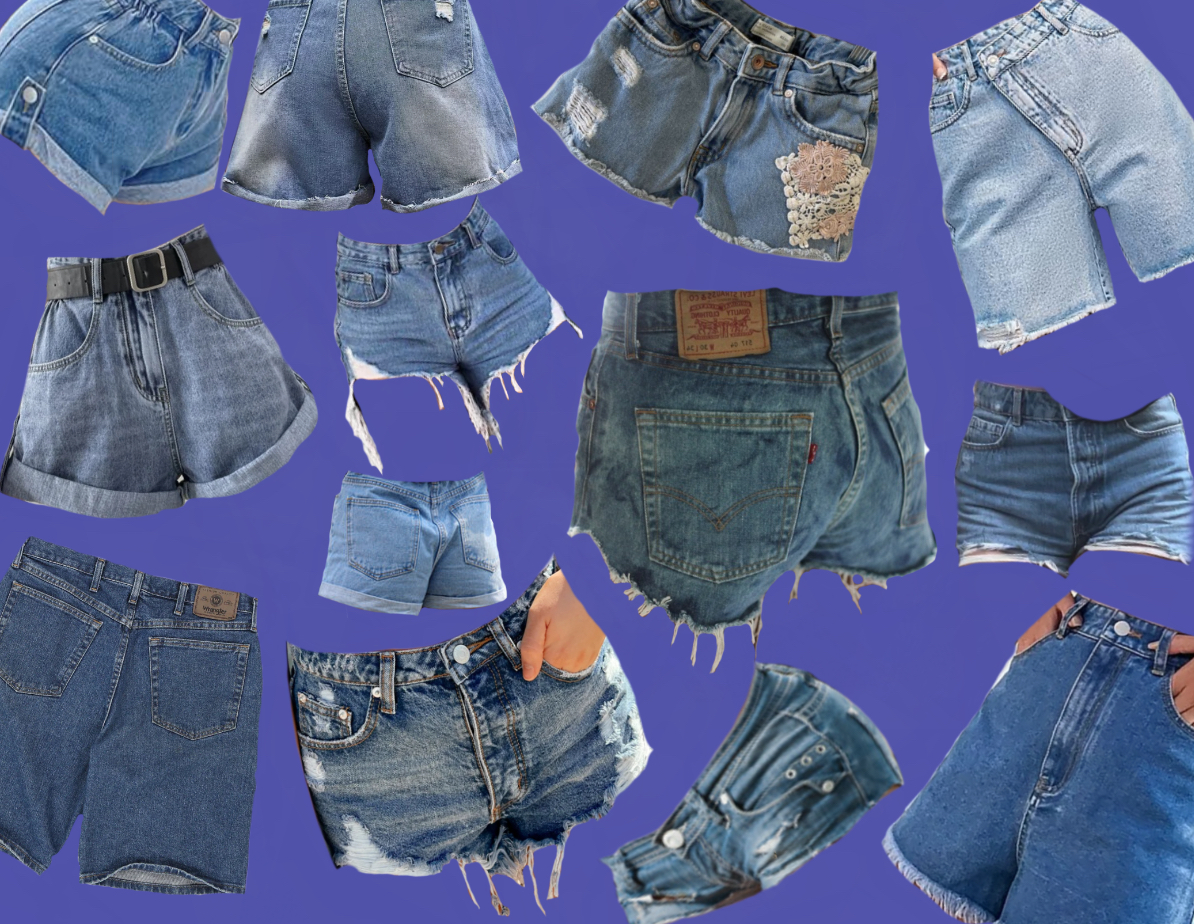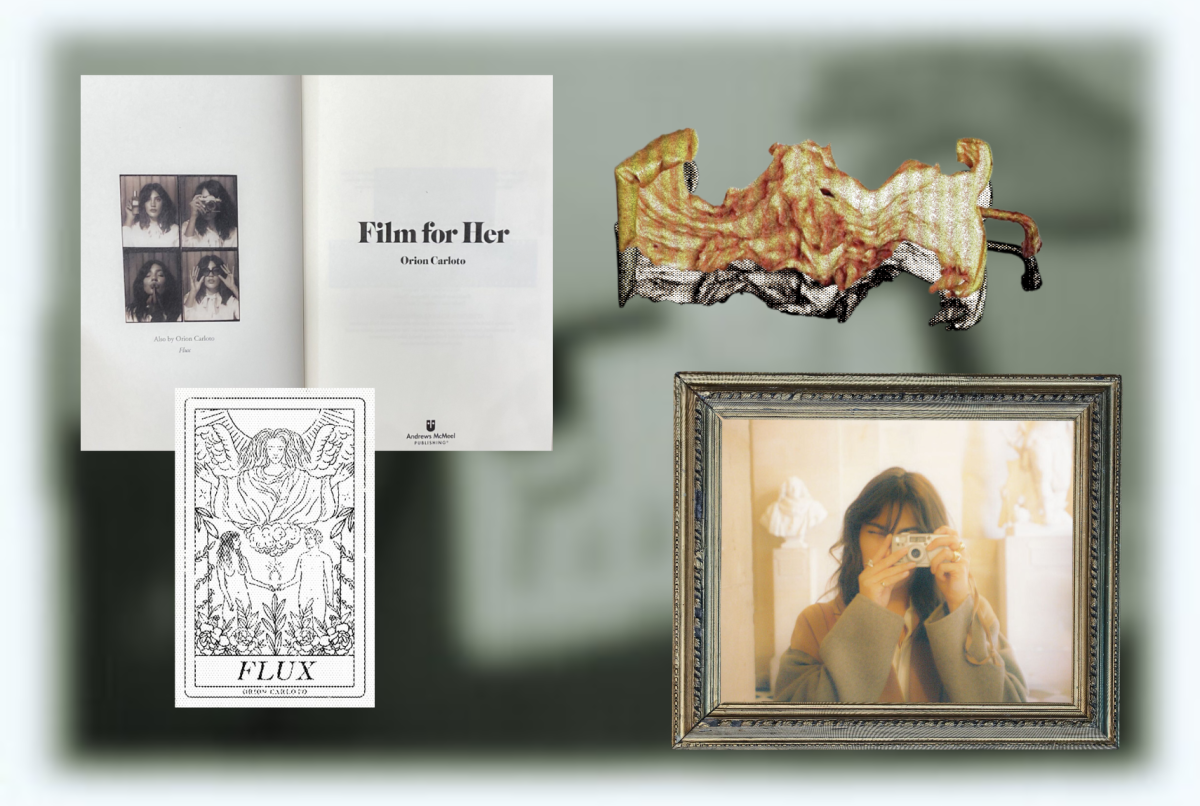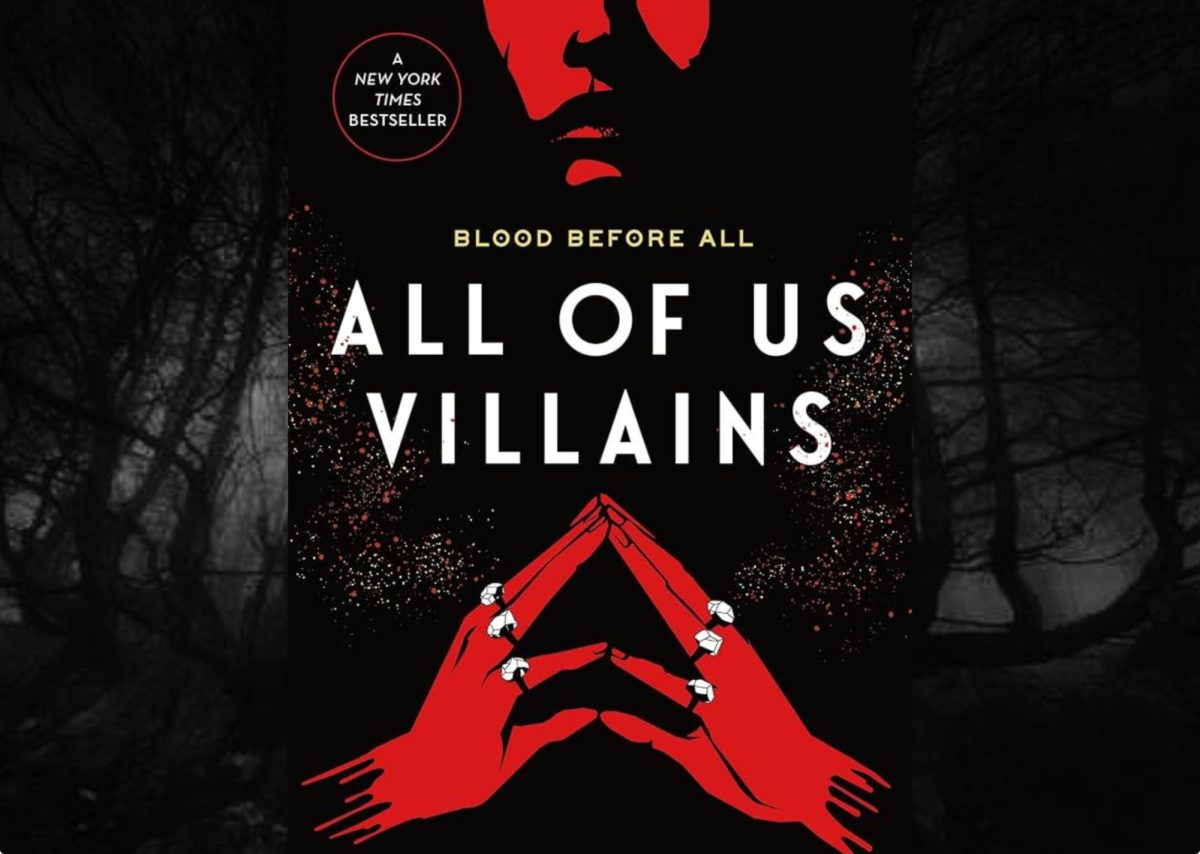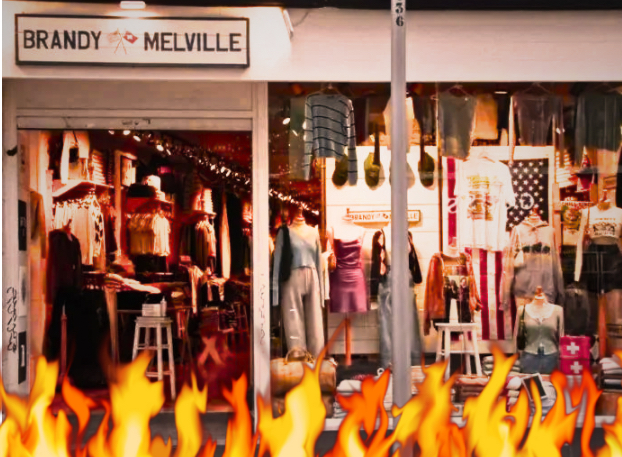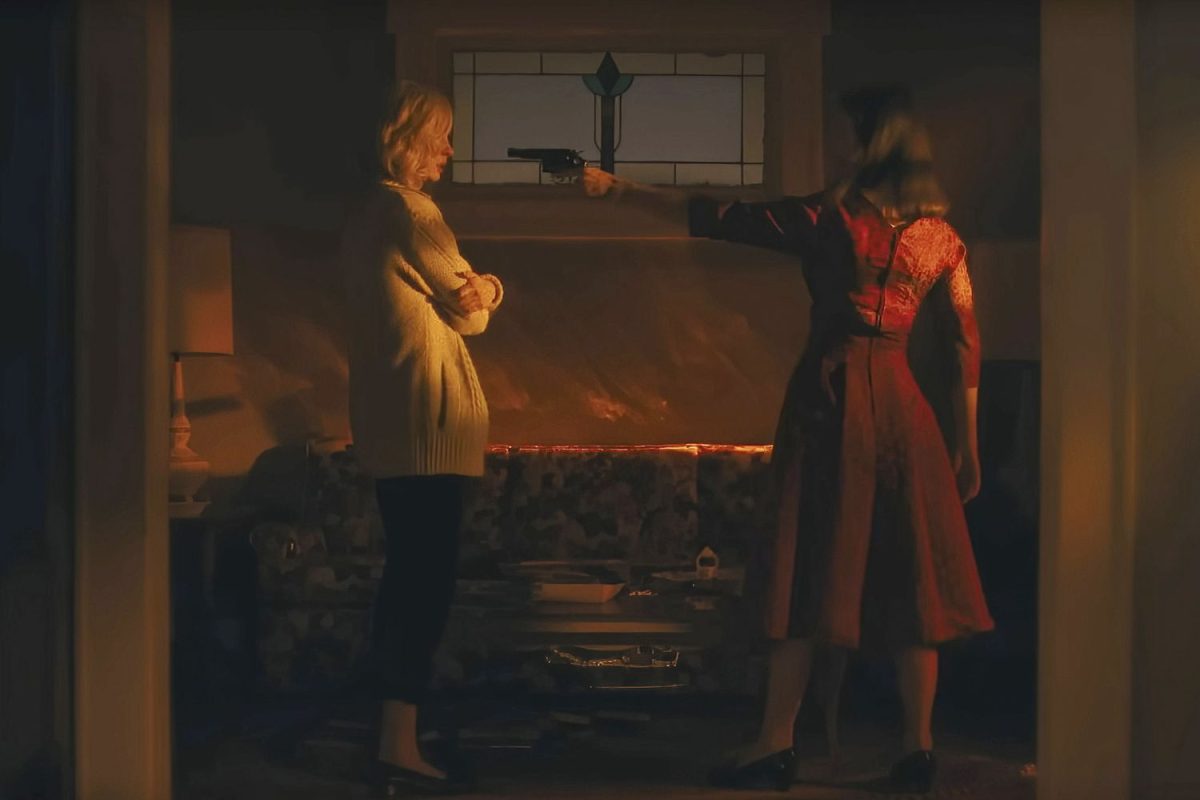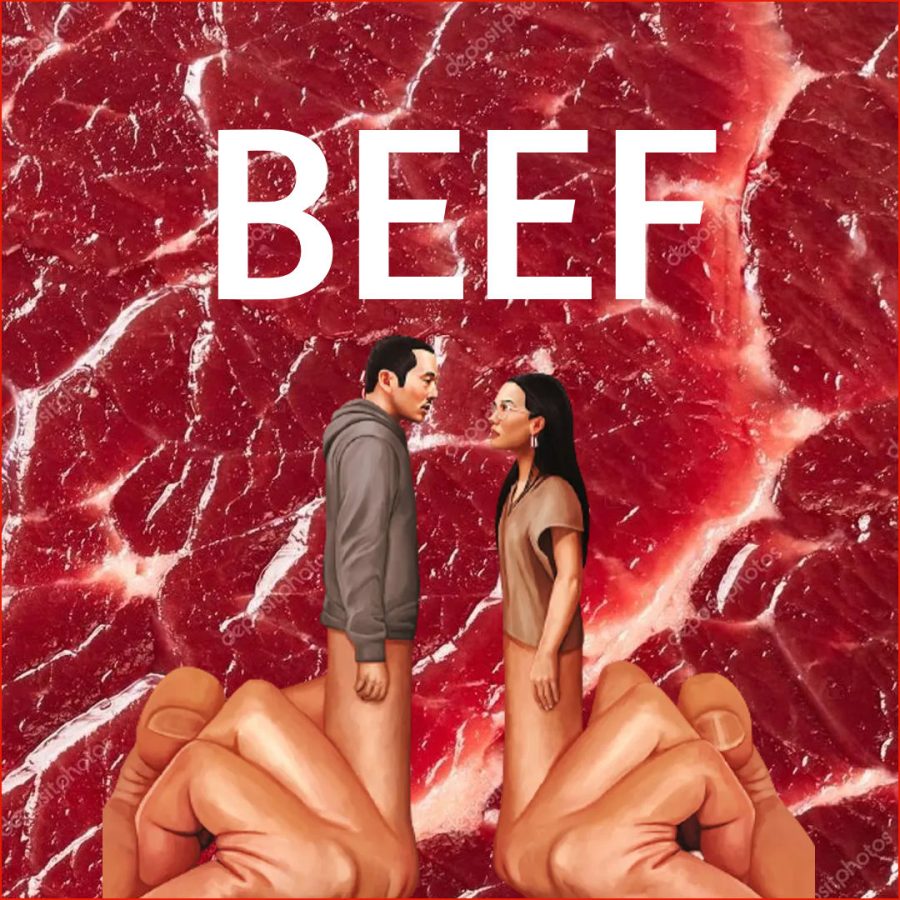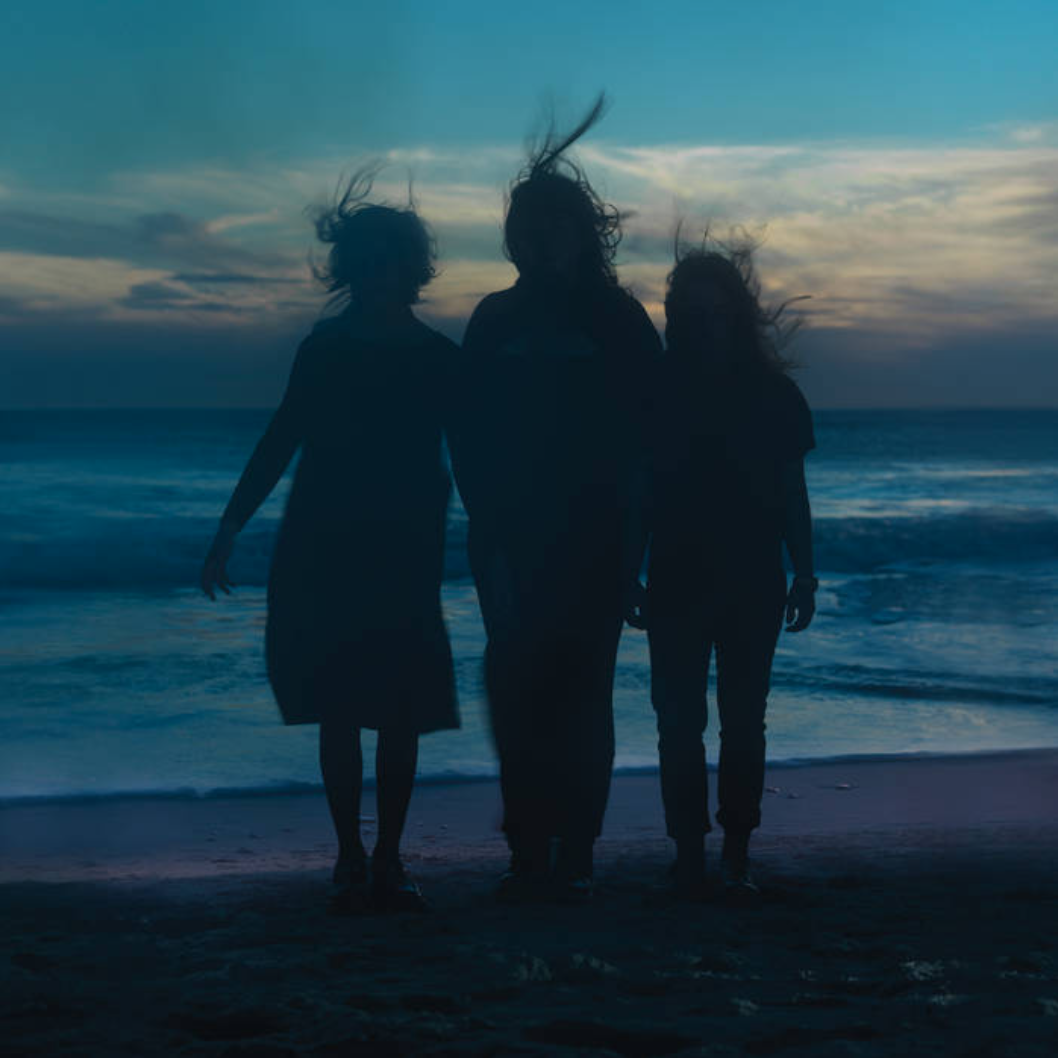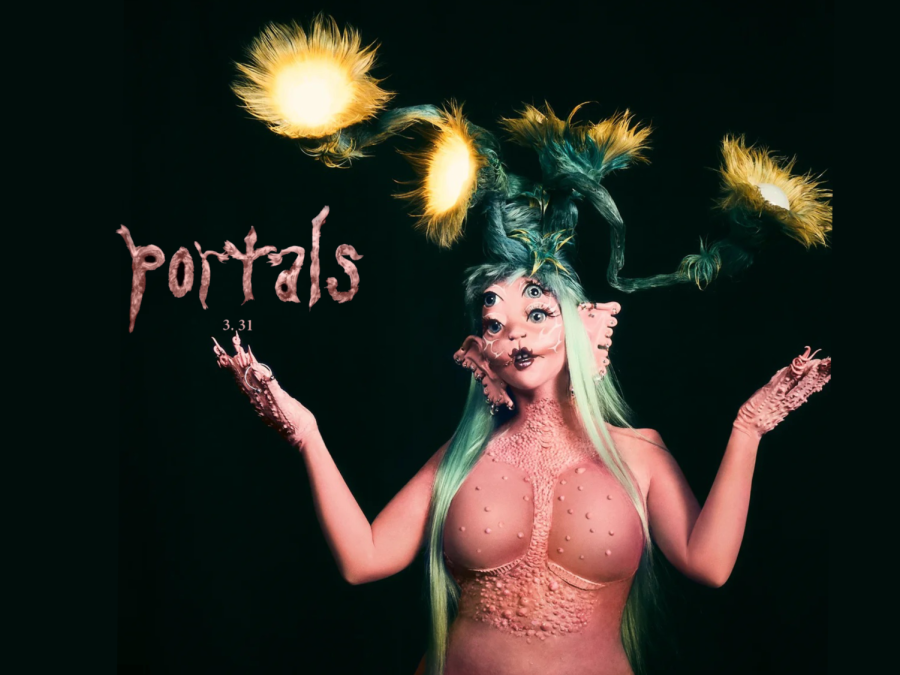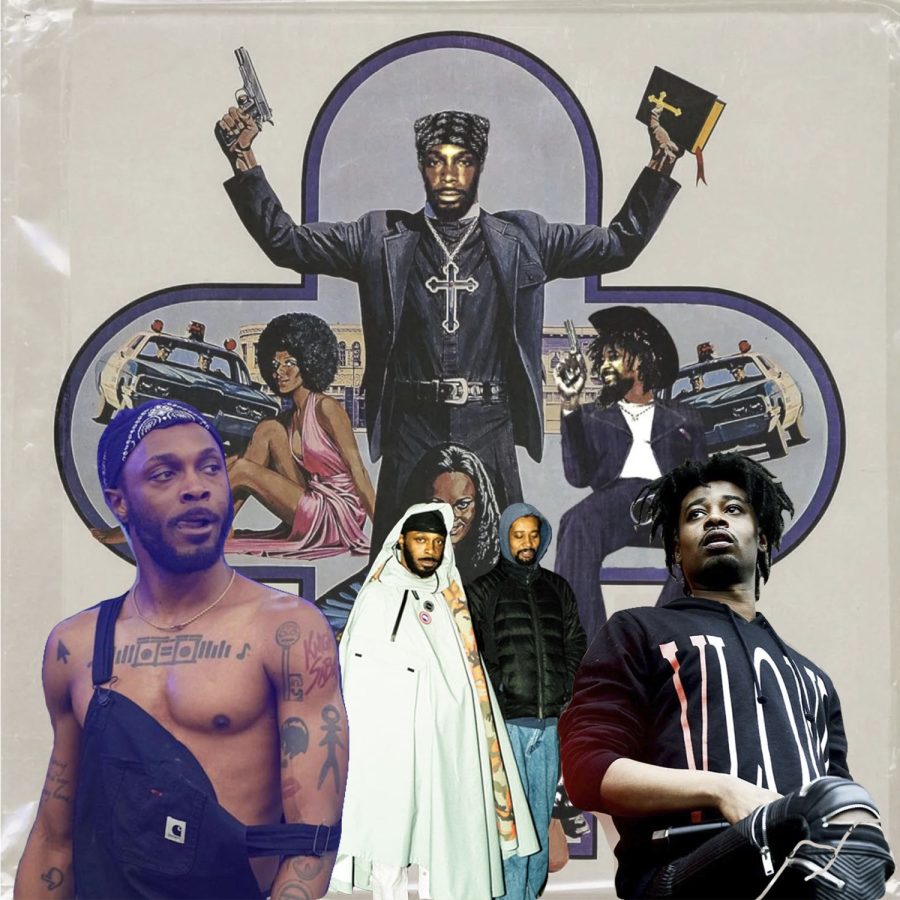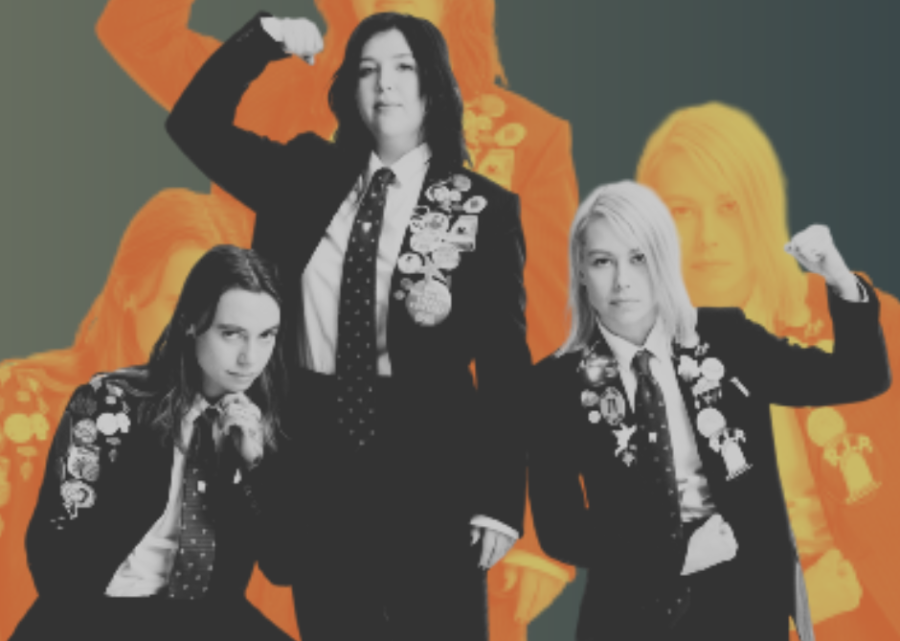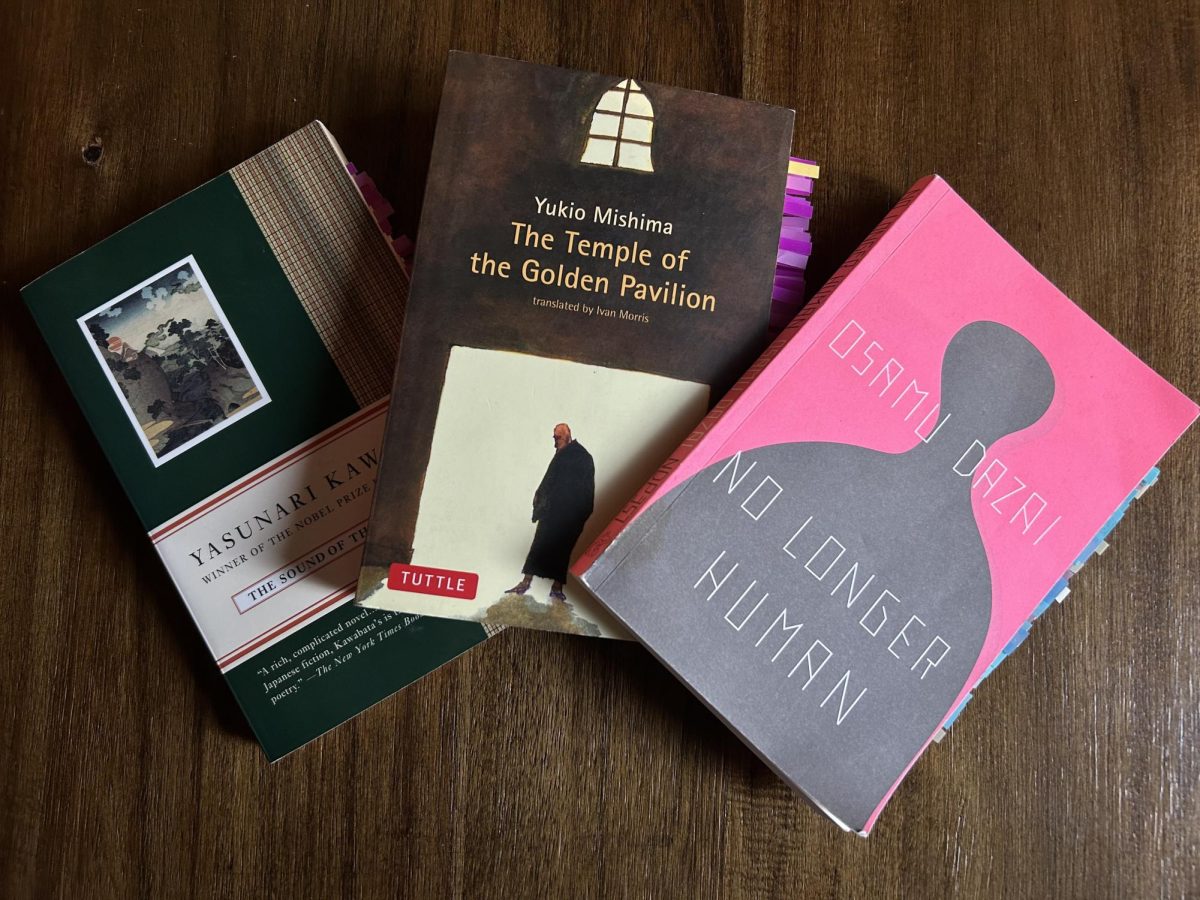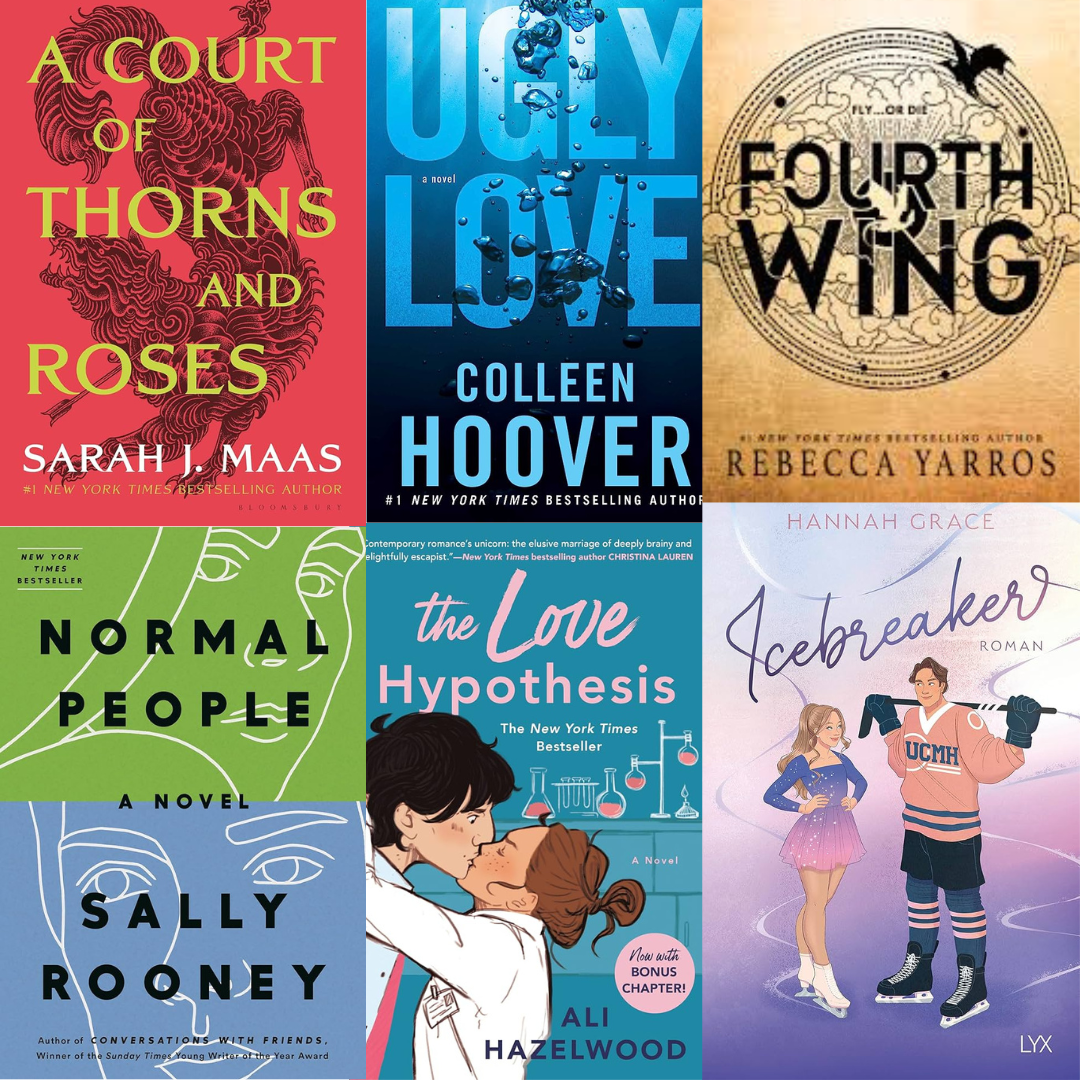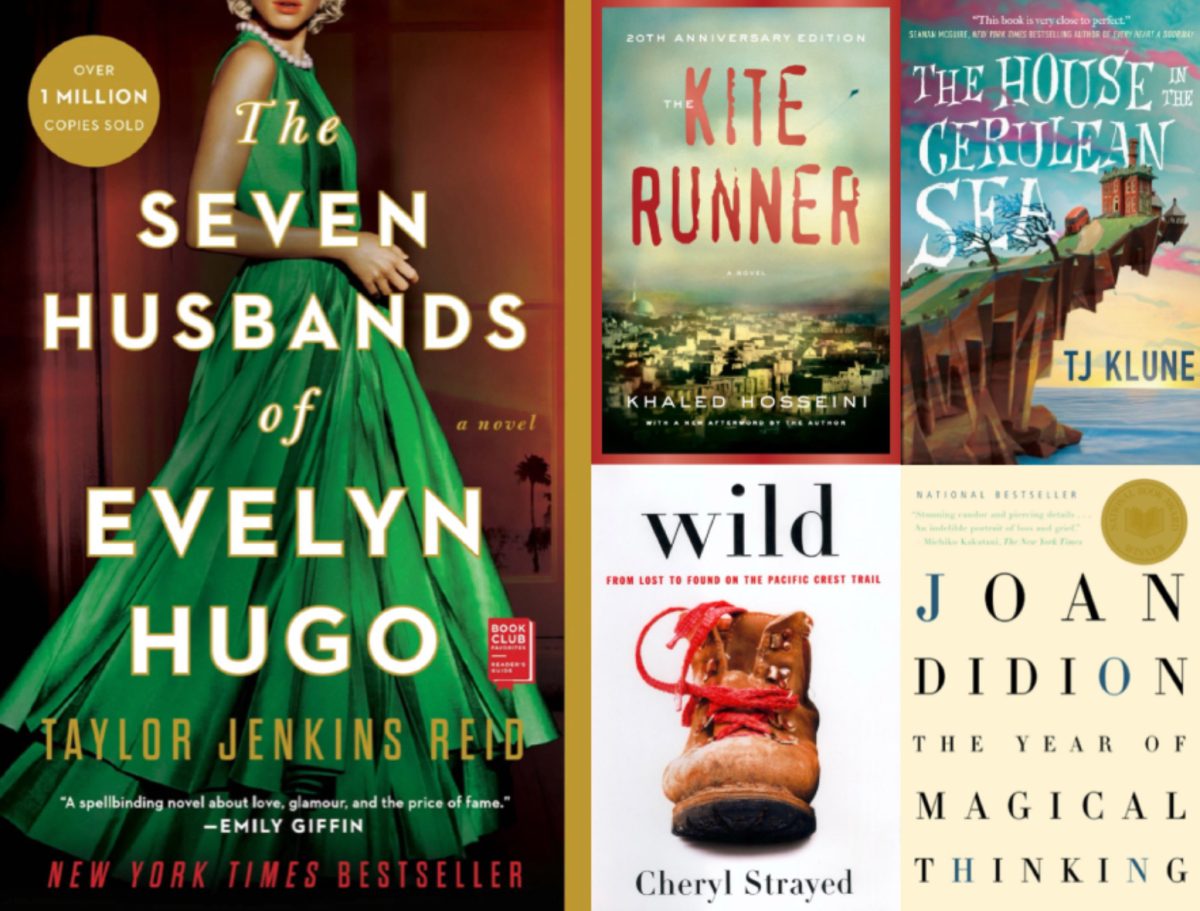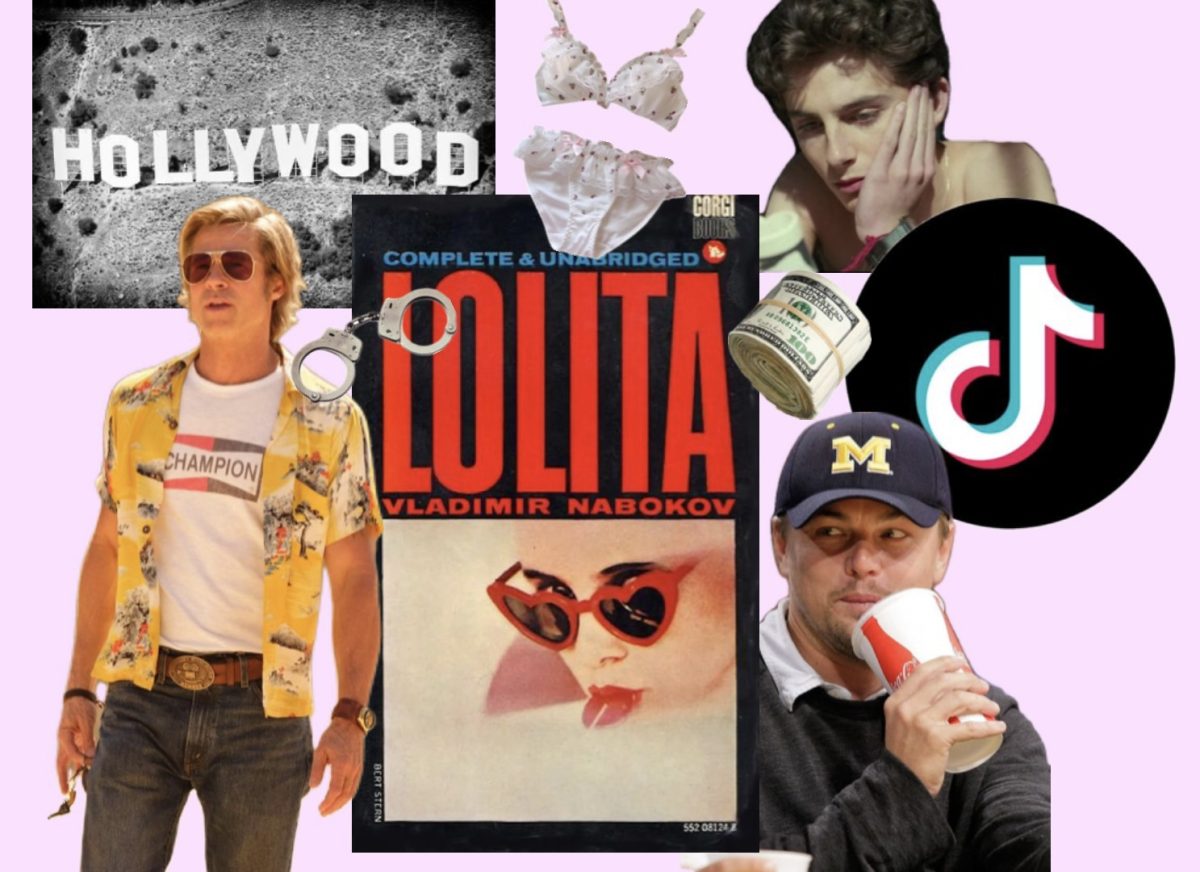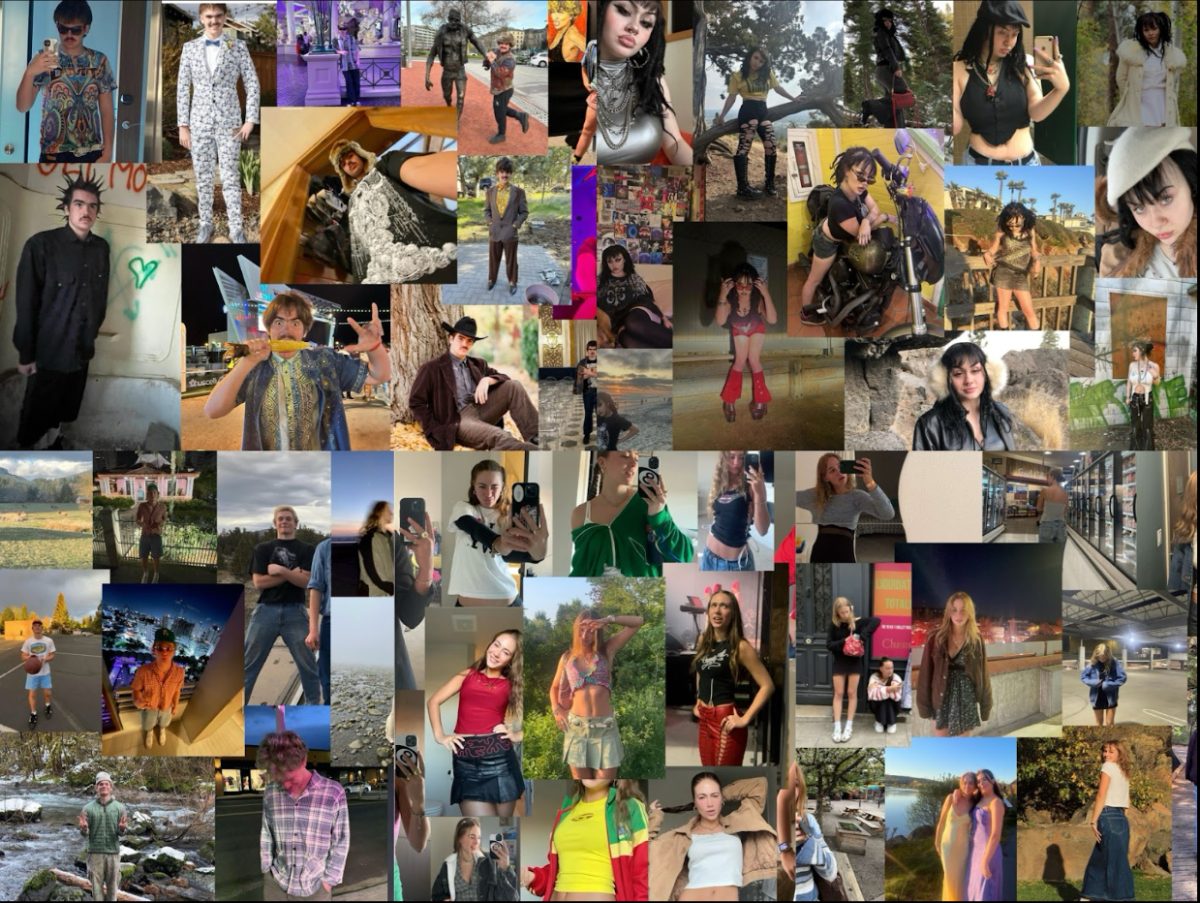Hollywood’s infatuation with pedophilia is one long-running. It’s Hollywood’s most notorious—and hidden—secret. So where did this craze come from?
In the classic book “Lolita” by Vladimir Nabokov, 36 year old Humbert Humbert becomes so besotted with Lolita—a 12 year old girl—that he weds Lolita’s mother just to become closer to her. “Lolita,” published in 1955, is the blueprint for this continuous and illicit genre of popular culture. The book has had many movie adaptations as well. But why remake a movie over and over again? Lolita is just one example of pedophilia becoming more and more normalized in modern films, oftentimes depicted as the ultimate fantasy, and not a horrible crime.
“Lolita” is from Humberts’ point of view, with Lolita’s feelings nonexistent in his mind. Humbert’s grooming is portrayed as nothing but a loving relationship. In actuality, Lolita is struggling with the situation—the man who was supposed to be a father figure exploits her as if she’s an object.
Despite the disturbing tale, “Lolita” became an especially popular hashtag on TikTok recently. Videos adorned with captions like: “#Coquette #doll #innocence #Lolitaaesthetic,” go viral frequently. The coquette aesthetic, traditionally, has coincided with femininity—but as of late, the word has become synonymous with innocence and youth. With this new definition, childishness is perhaps the key element of a modern woman’s attractiveness, which prompts girls to make themselves appear youthful if they want to be seen as desirable.
Even if Lolita herself does possess a certain “taboo” style, romanticizing a story about child sex abuse is insensitive and ignorant towards real life victims. And still, young girls are viewing it only through a curated lens— through the eyes of Hollywood and social media.
So does the dilfism-ideology translate to real life? Are young girls really subjecting themselves into these fantasies?
Circa 2012, teenage boy bands were all the rage. Posters of One Direction, 5 Seconds of Summer and The Jonas Brothers commonly decorated a teen girl’s bedroom. But as of late, the “it boys” have become “it men.” Public figures such as Pedro Pascal, Brad Pitt and Cillian Murphy—who are all over the age of 45—have gained millions of young admirers because of social media.
Along with the men listed above, names like James Franco and Johnny Depp also come up often in the endless list of viral “dilfs.” Franco’s and Depp’s histories with women are dark, yet their fans remain devoted, which only ensures that their names will continue to appear in blockbuster films.
“Most movies, especially movies with male directors, glorify pedophilia,” said Summit junior Azure Neubauer. “It makes me uncomfortable to see these directors that I look up to make movies with casual pedophilia.”
Oddly enough, most of these movies aren’t even necessarily opposing pedophilia. So is it a marketing ploy? Perhaps even a director’s bizarre fetish?
Hollywood is pushing this narrative by continuing to produce these plot lines. In “Call Me By Your Name,” the story is painted as a heartfelt coming of age film—so much so that you forget the two leads’ seven year age gap, in which Timothee Chalamet’s character is a minor.
In “Once Upon a Time in Hollywood,” directed by the infamous Quentin Tarantino, the relationship between Brad Pitt’s Cliff Booth and an underage hippie never technically reaches the point of no return, but suggestive hints are scattered throughout the movie.
It’s not just on screen either. In real life, Leonardo Dicaprio, who allegedly has a strict rule against dating anyone over the age of 25, is representative of Hollywood’s ignorance towards unhealthy relationships.
These movies and social media posts are conveying to younger audiences that pedophiles aren’t taking advantage of them, but instead taking care of them. They cast conventionally attractive older men to take on these roles, and naturally, consumers will be attracted to these characters. Attraction is not the issue though—it’s the fashion in which they portray the victims, as if they’re asking for it. As if it’s normal to pursue illegal relationships if it’s “true love.”
Summit junior Abby Blumer said, “I feel like movies with age-gap relationships tend to cast a good looking person as the older character, so as the young audience is watching the movie they don’t see a problem with it, because they are somewhat too attracted to the character.”
Social media holds a high power over today’s teens, a greater power than some may think. The movie industry is infiltrating social media as creators romanticize movie relationships, and young girls’ perception of love becomes permanently altered; for the worse.




